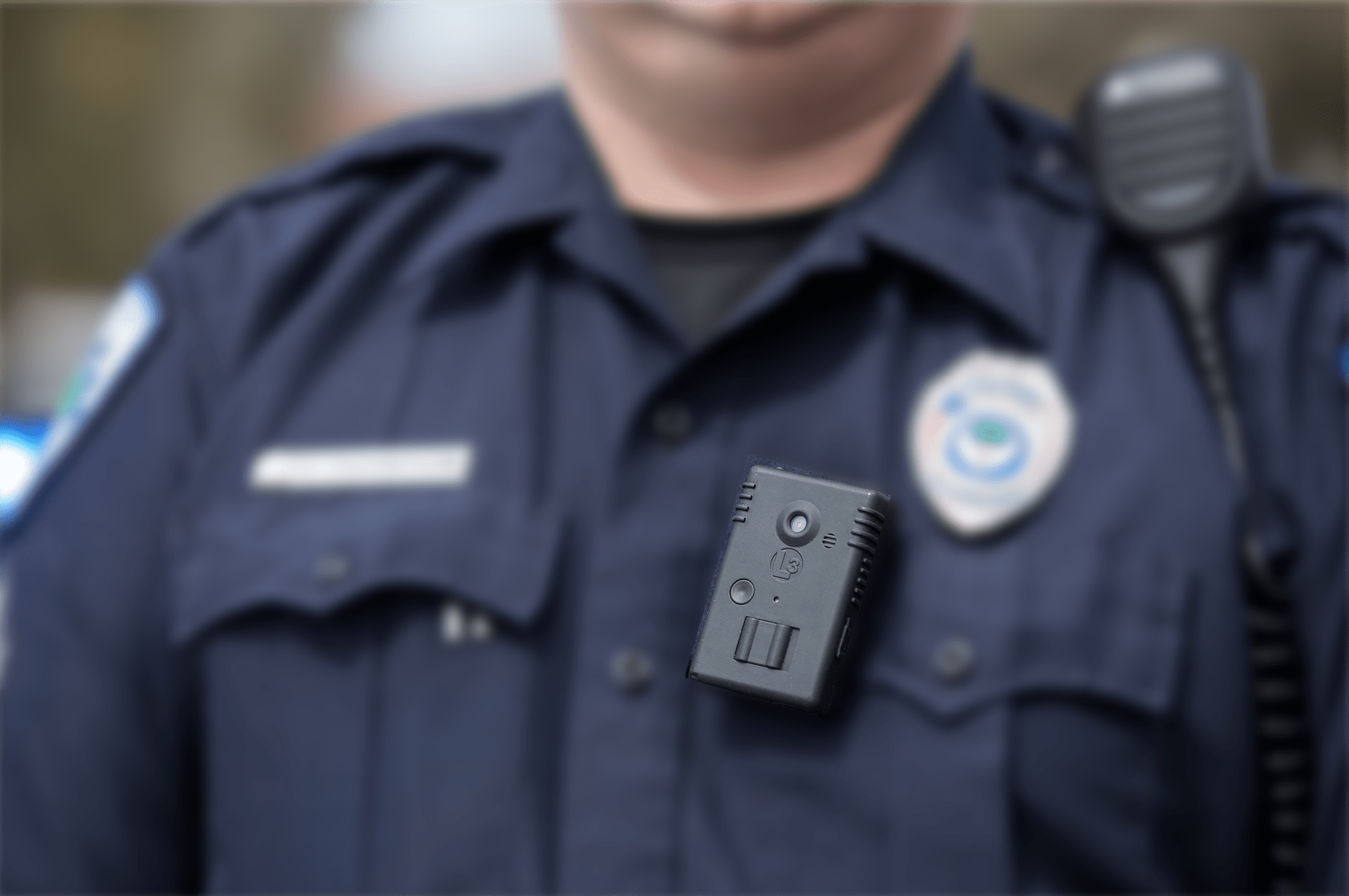In Minneapolis, a fatal police shooting raises important questions about body cameras
Justine Damond called 911 Saturday night because she was concerned about a possible assault in the alleyway behind her home. For reasons that remain unknown, she was shot and killed by police after they arrived to investigate the incident. So far police have offered no explanations for the shooting. The officers’ body cameras were off […]

Justine Damond called 911 Saturday night because she was concerned about a possible assault in the alleyway behind her home. For reasons that remain unknown, she was shot and killed by police after they arrived to investigate the incident. So far police have offered no explanations for the shooting. The officers’ body cameras were off and the car’s dash camera was not in a position to capture the incident, which allegedly occurred while the officers were still in their car.
Minneapolis implemented a department-wide body camera policy late last year. It requires that officers activate their cameras in a wide range of circumstances including vehicle stops, pursuits, and all critical incidents. Responding to a 911 call regarding an alleged assault should clearly fall within those guidelines. The events leading up to the use of force can be crucial in determining the state of mind of officers and thus the “reasonableness” of their use of force — the crucial legal standard in such cases.
This is not the first time officers failed to have their cameras on in a fatal encounter. Last year police in Chicago, Charlotte, NC, and Washington, DC all failed to have their cameras on in what turned out to be deadly encounters. The ACLU found that since 2014, there have been 14 such incidents. The Minneapolis policy, like most, calls for discipline of officers who fail to properly activate their cameras, but such discipline has been slow to materialize and the consequences have been minimal. In Denver, for instance, officers get only a verbal warning for a first failure, and one officer found guilty of violating the policy a second time was only penalized one vacation day. Meanwhile, a recent audit in Denver, found that only 1 in 4 use of force incidents was captured by an officer’s camera.
Even when we have video of questionable police shootings, it often fails to produce accountability. After Philando Castile was shot and killed in a Minneapolis suburb last year, body camera footage was released. The officer was still acquitted of all charges.
Accountability is supposed to be the primary purpose of body cameras. In practice, however, body cameras are not generally serving that function, having been overtaken by police priorities such as surveillance and evidence collection.
The public has been asked to give up a great deal of their privacy in return for the alleged accountability enhancements provided by the widespread use of these cameras. In many places there are no restrictions on the use of these cameras to gather intelligence, surveil first amendment activity, or share footage with other law enforcement agencies. In addition, a recent report by NPR showed how police routinely release footage that enhances their public image, while refusing to release footage to those who appear in it and have concerns about police actions.
We need to rethink the current balance between surveillance and accountability in the use of these cameras to ensure that the enhancement of police surveillance powers is in fact offset by greater public accountability. If not, then we should call into question whether body cameras should really be a part of any serious police reform agenda.
